Learn Liberty Team
Blog Posts
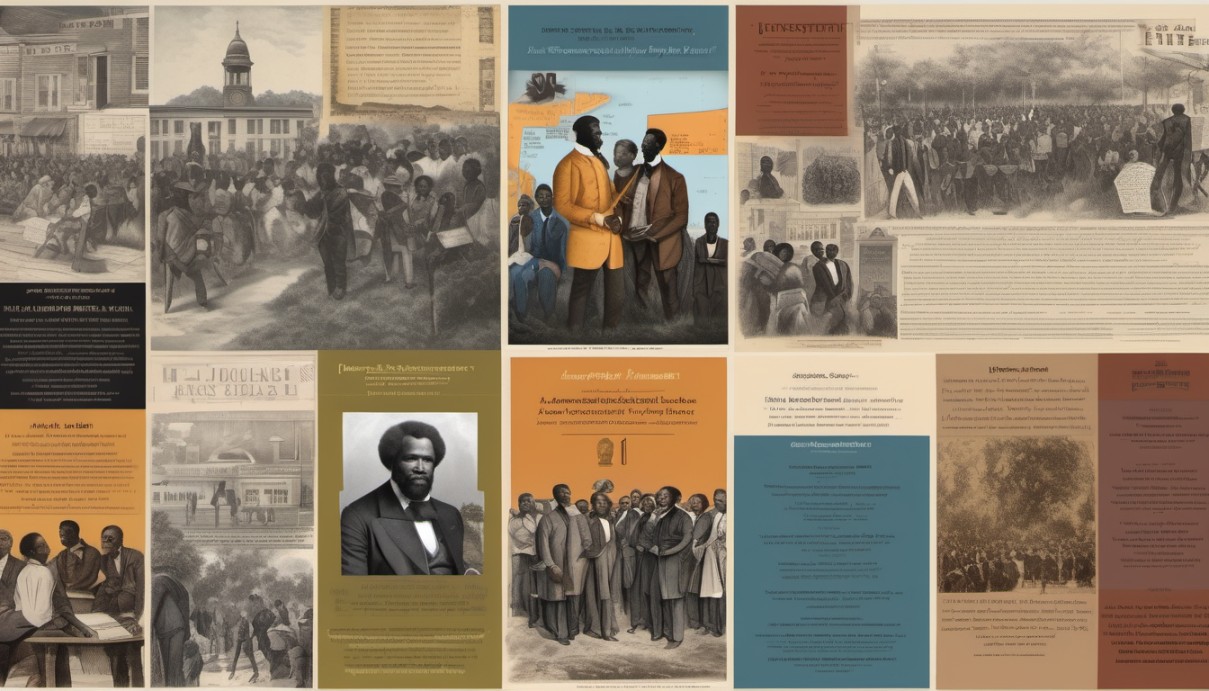
Juneteenth: 3 Lessons in Activism
June 19, 2024
|Civil Liberties
On June 19th, 1865, Texas became the last state in the nation to proclaim enslaved African Americans free. Exactly three years ago this past Monday, President Joe Biden signed the Juneteenth National Independence Day Act into law. How did a once-obscure day, primarily celebrated within the African American community, move into the mainstream? What can we learn from this journey about the ideas of liberty and social change? (Here’s more about the history of the holiday specifically.) To explore these questions, we turn to the insights of Fabio Rojas, Professor of Sociology at Indiana
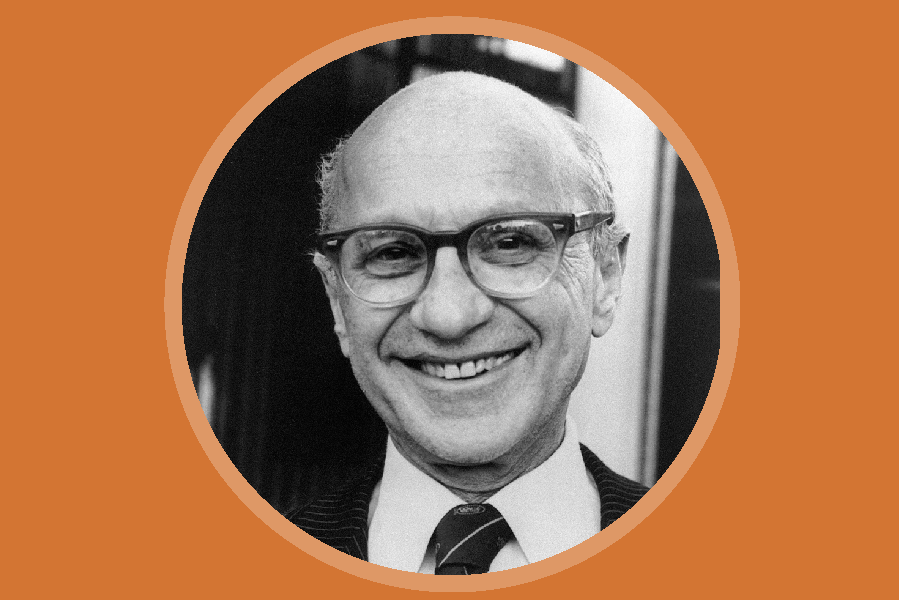
Happy Birthday Milton Friedman
July 31, 2023
|Economics
In honor of Milton Friedman’s birthday, let’s review the American economist’s greatest contributions to the advocacy of free market capitalism. Who was Milton Friedman? Milton Friedman (1912-2006) was one of the most influential economists in the second half of the 20th century and a crusading public proponent of free markets. As the leader of the Chicago School of monetary economics, he revived interest in the quantity theory of money, which stresses the importance of the quantity of money as an instrument of government policy and as a determinant of business

4 things you probably never knew about John Stuart Mill
May 16, 2023
|History
John Stuart Mill was born 217 years ago, on May 20, 1806, and is remembered as one of the most foundational classical liberal philosophers and political economists to this day. If you’ve studied Mill at all in your college classes, you probably remember him for his development of utilitarian thought—the idea that anything we do should bring about “the greatest happiness of the greatest number,” and that good moral behavior is the best way to achieve happiness for as many people as possible. A moral system is only good, argued Mill, if it can accomplish this end. Mill was

The Declaration of Independence says we have the right to overthrow the government
May 12, 2023
|History
Do we have the right to overthrow our government? The Declaration of Independence says that we not only have the right but we also have the duty to alter or abolish any government that does not secure our unalienable rights, including life, liberty, and the pursuit of happiness. Given that the U.S. was formed by settlers who threw off British government rule, there is also an historic precedent for overthrowing the government. The right to revolt The idea that people have the right to overthrow their government has a long and complex history, stretching back at least to
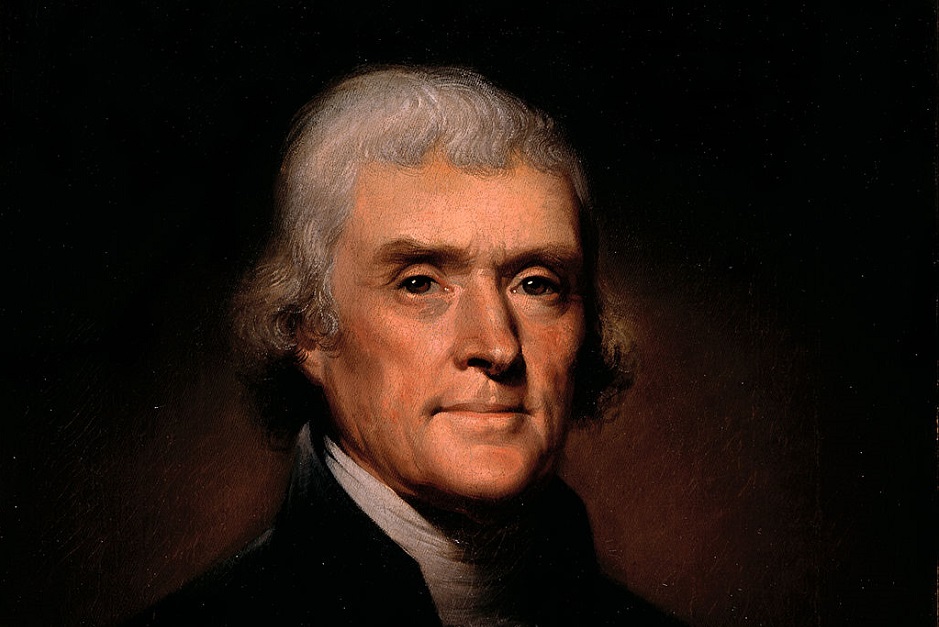
280 years later, here’s how Thomas Jefferson is still shaping our society
April 13, 2023
|Civil Liberties
He was the author of the Declaration of Independence. He served as the third president of our country. He was an undisputedly important American intellectual and innovator. As we commemorate Thomas Jefferson’s 280th birthday (he was born on April 13th, 1743), we could certainly remember him for more than one accomplishment. One could argue that his most lasting impact on the United States, however, was his eloquent defense individual rights. One of the most famous sentences in the English language, penned by Jefferson in the Declaration of Independence, reads: "We hold these truths to

The do’s and don’ts of medical marijuana in Pennsylvania
March 27, 2023
|Healthcare
For many people who suffer from a debilitating illness or who are in chronic pain, medical marijuana has proven to be an effective remedy. Researchers estimate that over 5.5 million Americans are currently using medical marijuana for a variety of conditions, including MS, HIV or AIDS, cancer, chronic pain, IBS, and glaucoma. It’s a shame this relatively harmless drug that can have such life-improving benefits was illegal, and therefore more expensive and risky to get a hold of, for so long. And now that its medical — not to mention recreational — use is becoming more broadly accepted,

13 books every well-rounded libertarian should read
December 30, 2022
|Liberty
There are books that every libertarian should read and books every libertarian has read, but those circles don’t perfectly overlap. Here are 13 diverse book recommendations for well-rounded thinkers: Economic Sophisms – Frederic Bastiat The great French liberal and economist Frederic Bastiat is best known for his pamphlet The Law — a scathing indictment of the threat that socialism poses to justice and the rule of law. But he produced another great work in Economic Sophisms, a collection of essays meticulously exposing and
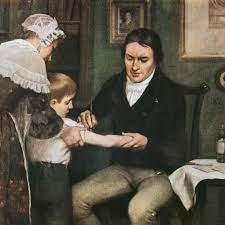
Legends of Liberty: Edward Jenner
January 9, 2022
|Free Markets and Capitalism
One thing everyone seemingly can agree on is that Pfizer, Moderna, Johnson & Johnson, and other pharmaceutical companies developed their Covid-19 vaccines in world-record time. Less than a year passed from the outbreak of the virus in January 2020 until a British woman received the first dose in December 2020. (And they could have been available to willing individuals sooner had regulatory agencies not stood in the way.) But while the Covid-19 vaccine was developed by big companies in expensive laboratories, it’s worth remembering that many of humanity’s great achievements came from

Legends of Liberty: Sor Juana Inés de la Cruz
December 27, 2021
|Artistic Freedom
In recent history, too many Latin American politicians have fallen victim to a Marxist view of the world — and they have dragged their countries into poverty. https://www.youtube.com/watch?v=vP8pnxzQQj4 Of course, Latin America has also been home to some of the world's most powerful pro-liberty voices — including Sor Juana Inés de la Cruz, a Mexican nun who lived from 1648-1695. She was one of the world's first and most eloquent defenders of freedom for women in a time when they had few rights and were granted little respect as intellectuals. Sor Juana's most well-known piece,
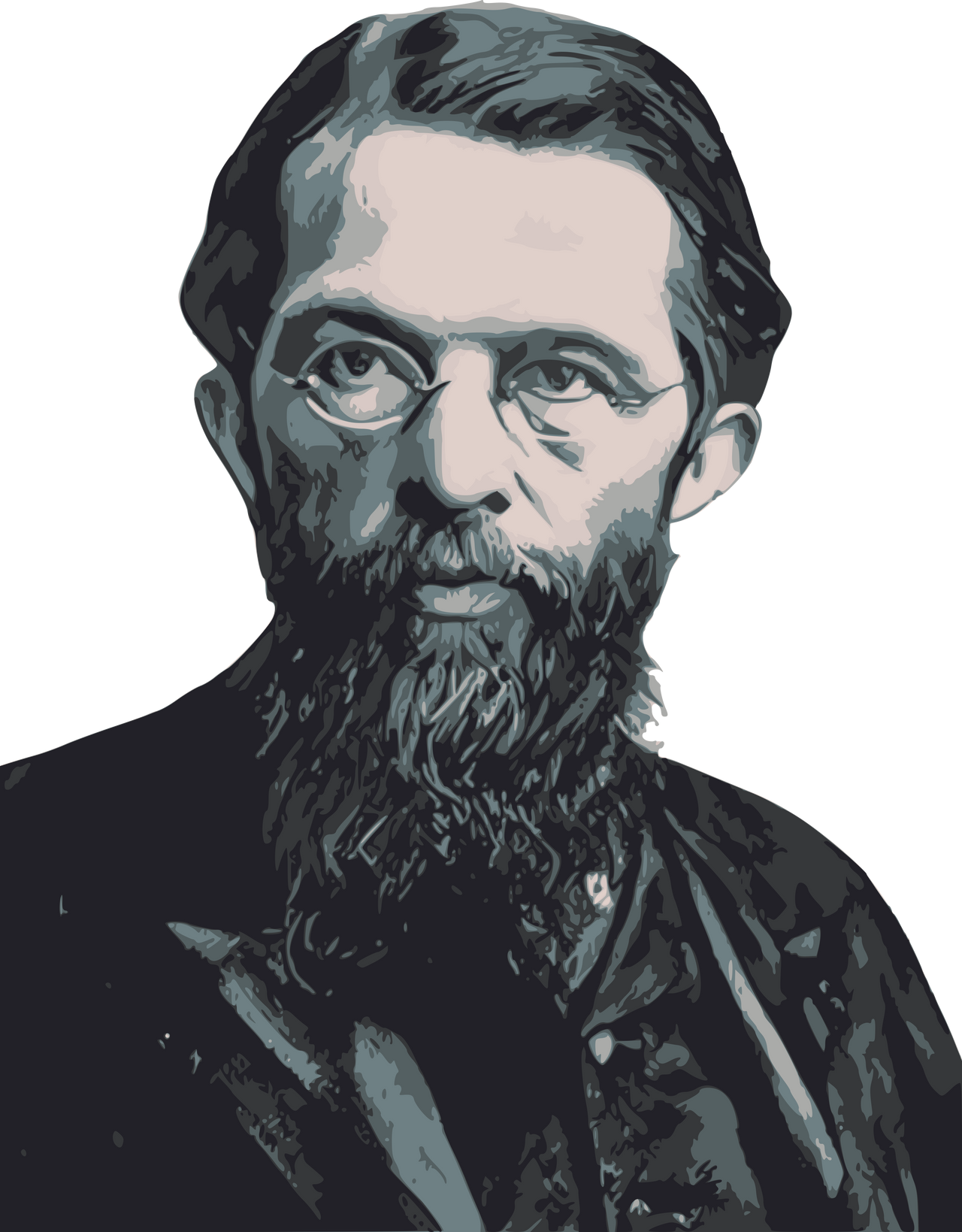
Legends of Liberty: Carl Menger
December 20, 2021
|Basic Economics
Here’s a brainbuster for you: The product on the left will help keep you alive for 6-8 weeks. It costs $4.49. The other is nothing more than pretty to look at. It costs $161. Why? This paradox — the water-diamond paradox — troubled some of the world’s greatest minds. Plato wondered about it; Copernicus and Adam Smith did, too. But Carl Menger was the first to provide a satisfactory explanation. He did it 150 years ago, in 1871, and his answer still holds up. “The force that drives [prices],” he wrote in his Principles of Economics, “is the ultimate

Legends of Liberty: Ed O’Bannon
December 9, 2021
|Civil Liberties
Ask any Millennial who liked sports growing up: EA Sports video games were a big part of our fandom. On PlayStation 2s, for hours on end, we could manage our own virtual teams, simulating seasons deep into the 2030s and beyond. Even now, hearing the games' soundtracks and seeing the games' covers is a hit of nostalgia like none other. The Madden NFL video games were the most popular; you could argue that the MVP baseball games had the most realistic gameplay; but the historic rosters with which you could play on NCAA football and basketball games take the cake. If you wanted to pit, for example,

Legends of Liberty: Lenny Bruce
December 3, 2021
|Civil Liberties
E.M. Forster once said, “How do I know what I think until I see what I say?” He was observing that, in our brains, thoughts often bounce and jump around frenetically; for many of us, we have to verbalize — or write down — our thoughts before they gain clarity. So, in a sense, the right to speak freely is the right to think freely. And few people were stronger defenders of the right to speak freely than comedian Lenny Bruce (1925-1966). https://www.youtube.com/watch?v=RlQT77eSy2M Wrote playwright Ronnie Marmo, who also stars as Lenny Bruce in the play I’m Not a Comedian …

Legends of Liberty: Arlo Guthrie
November 24, 2021
|Criminal Justice
Over the past 4 Thursdays, we’ve highlighted some of the most original and prolific writers in the history of economic and political thought. Ayn Rand, Frederic Bastiat, Thomas Sowell, and Lysander Spooner inspired us all and helped lay the foundation for the modern liberty movement. But today is not an ordinary Thursday. In the United States, today is Thanksgiving, and no Thanksgiving is complete without Alice’s Restaurant by Arlo Guthrie. Arlo followed in the footsteps of his better-known father, Woody, who released the open-borders anthem This Land Is Your Land, recorded in 1944 with
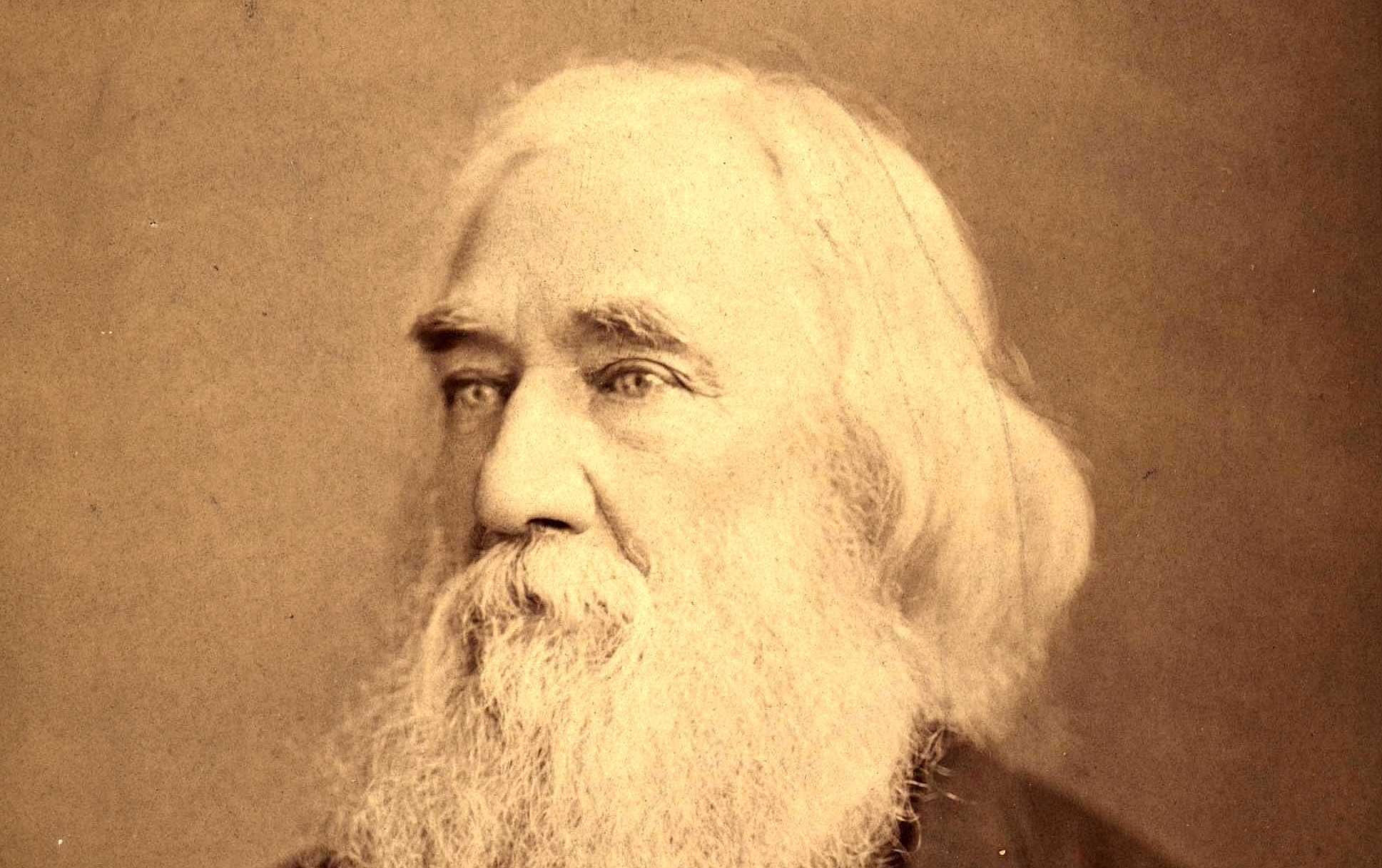
Legends of Liberty: Lysander Spooner
November 18, 2021
|Democracy and Voting
As we witnessed during the 2020 election season, and as we are sure to witness during the upcoming holiday season, the United States Postal Service doesn’t exactly instill confidence. That’s not surprising, given that most of what the government provides or funds is inefficient. Think about it: do you take better care of your home or a hotel room? The same principle applies to governments, which take other people’s money in the form of taxes and are therefore more likely to spend it wastefully than are citizens with their own money. Luckily for us, private companies like FedEx and

Legends of Liberty: Frederic Bastiat
November 4, 2021
|Basic Economics
This is the second of Learn Liberty's "Legends" series. Read our first, on Ayn Rand, HERE. He never won a Nobel Prize. He never wrote a New York Times bestseller. In the history books, he doesn’t sit alongside Adam Smith, Ludwig von Mises, and Friedrich Hayek as all-time great economists. He doesn’t even have an economic law named after him. But Frederic Bastiat was a prolific writer, inventive social scientist, and above all, a brilliant champion for individual freedom. Indeed, Joseph Schumpeter, one of the 20th century’s foremost economists himself, described Bastiat as “the

Legends of Liberty: Ayn Rand
October 28, 2021
|Philosophers
This is the first of Learn Liberty's "Legends" series. See our second, on Frederic Bastiat, HERE. Few names elicit a stronger emotional response than Ayn (eye-n) Rand. Look no further than the replies to this tweet: https://twitter.com/themichelewojo/status/1391779370629541894?lang=en Much of the hatred comes from people (usually on the political left) who, as you can see in that Twitter thread, can’t or don’t want to contend with her ideas and instead are happy to remain ignorantly spiteful of them. Check out the mental gymnastics this video performs to smear Rand's name: https://www.youtube.com/watch?v=Kr41QDei3TI To

Learn Liberty Turns 7
February 11, 2018
|Uncategorized
Since our inaugural videos in 2011, Learn Liberty has sought to advance the ideas of classical liberalism with the help of the scholars and professors who champion them. We’re proud to say that seven years running, the legacy of our early videos lives on in the work we do today. At the core of the classical liberal tradition lies a commitment not only to the rights of the individual to freedom of speech and freedom of thought, but also to the values of open inquiry and civil discourse, and to the virtue of intellectual humility which underpins these values. If there’s something we’ve

The surprising, radical message of Don Quixote
June 4, 2016
|History
Given the relatively few examples of true liberty from real life, some of the best expressions of liberty have often come from novels. These literary works not only captivate our minds but also inspire us to envision a future where the individual, rather than the government and its agents, holds the reins of human action. The plot of Don Quixote, a Spanish novel written in 1605, contains some of the best representations of this vision. Considered a founding work of modern Western literature, the novel’s message that individuals can be right while society is wrong was considered radical for

What would Martin Luther King, Jr. think of today’s limits on free speech?
January 22, 2016
|Education
As America celebrates the life and work of Rev. Martin Luther King, Jr., it is important to remember all the work MLK did for free speech on behalf of minorities. The day before his assassination in 1968, King delivered a speech in which he highlighted the importance of First Amendment rights in the civil rights movement: "All we say to America is to be true to what you said on paper. If I lived in China or even Russia, or any totalitarian country, maybe I could understand some of these illegal injunctions. Maybe I could understand the denial of certain basic First Amendment privileges, because

The scariest thing this Halloween: government
October 31, 2015
|Government
According to a Chapman University survey, it’s not ghosts and goblins that Americans are most afraid of this Halloween; it's the government, the corruption of which ranks as the number one fear in a list of 88 options. (Whooping cough and zombies rank as the bottom two in case you’re curious.) In the video below, Cindy Cohn of the Electronic Frontier Foundation explains that we have good reason to be afraid. The National Security Agency is engaging in wide scale collection of our telephone and internet records. Ronald Sievert of Texas A&M counters that the government only reviews
Liberty, delivered to your inbox!
Want to know more about Student For Liberty’s impact, new initiatives, and other efforts made to advance liberty around the world?
Sign up for our email newsletter to stay connected.
Subscribe Now

